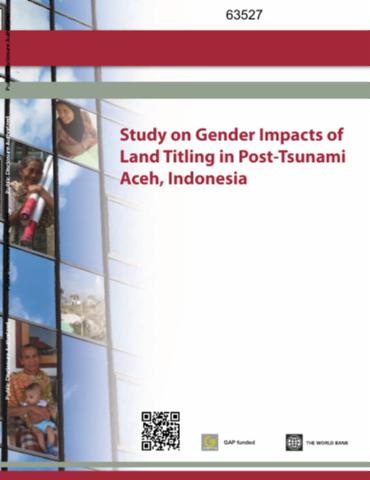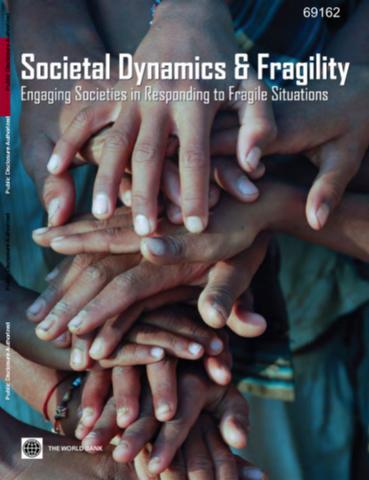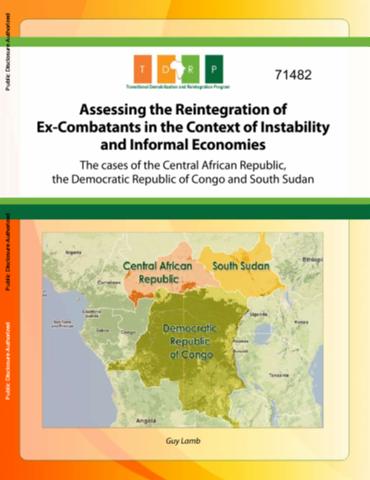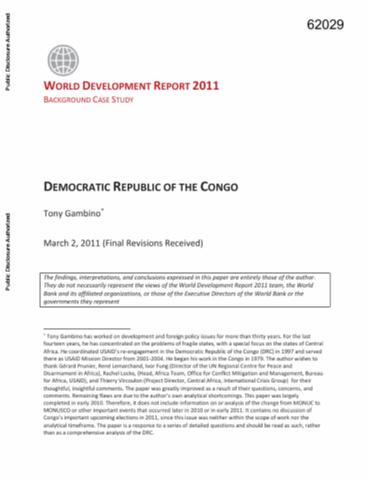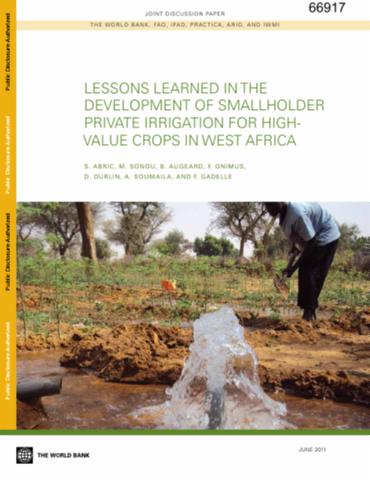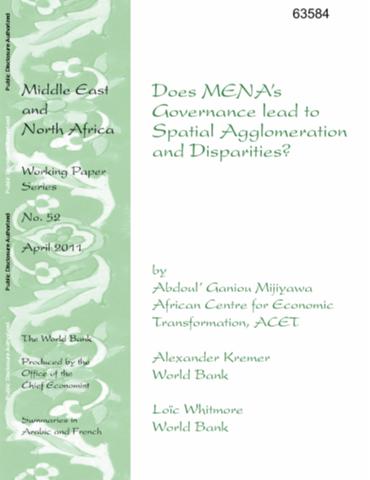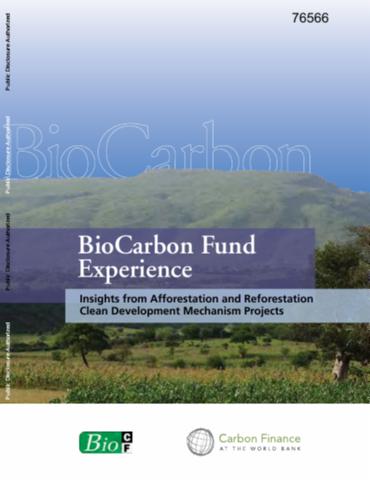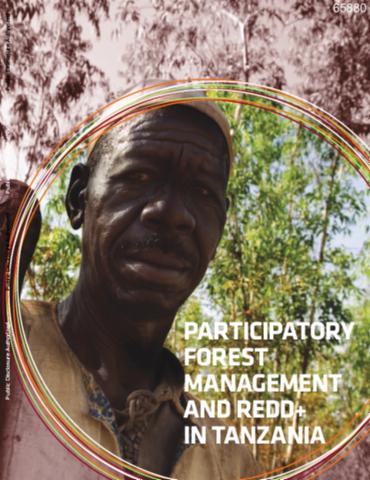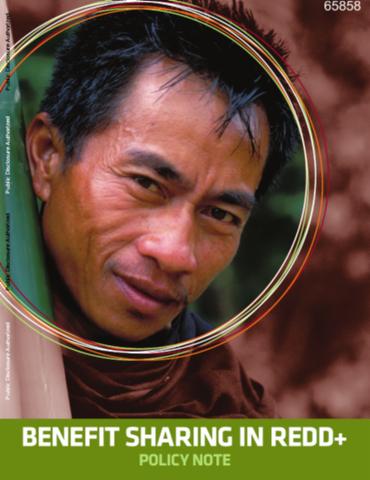Planning for Uganda's Urbanization
Uganda has started its journey into urbanization and economic development. The pace of urbanization is picking up currently at 4.5 percent per year, and likely to accelerate with rising incomes. The economic benefits from urban growth will come from exploiting economies of scale and agglomeration and by increasing fluidity in factor markets that enable substitution between land and non land inputs.


